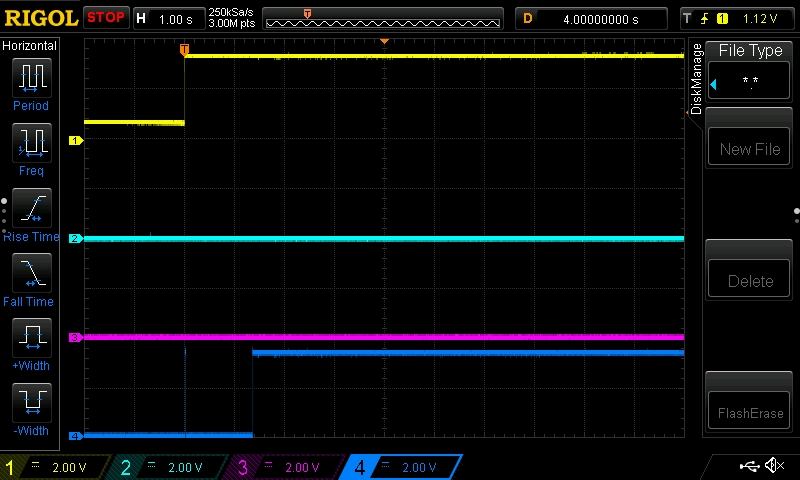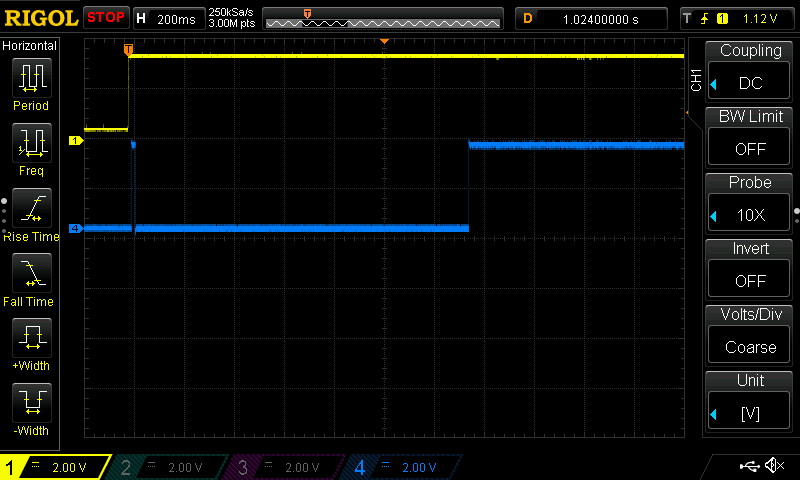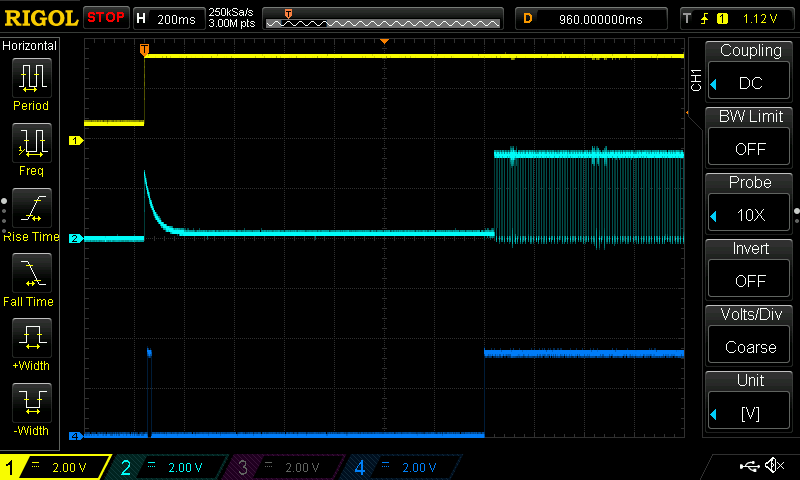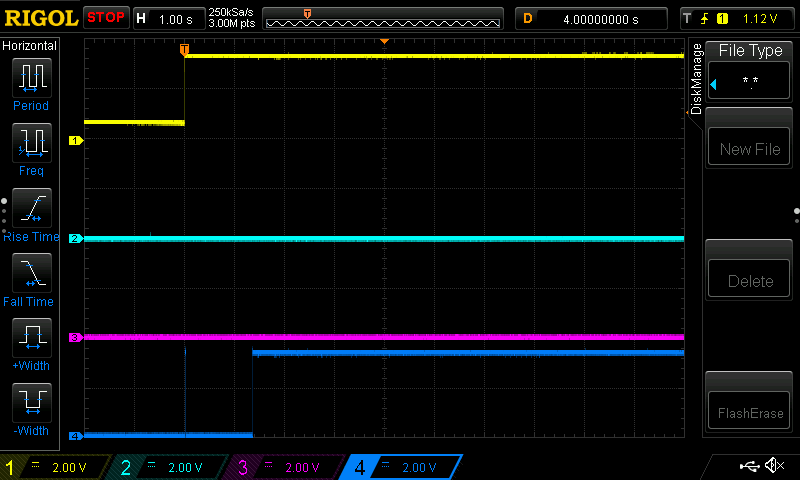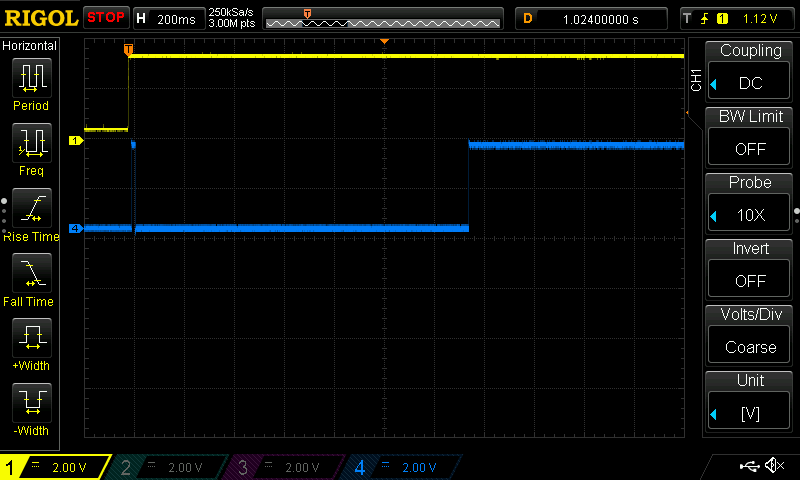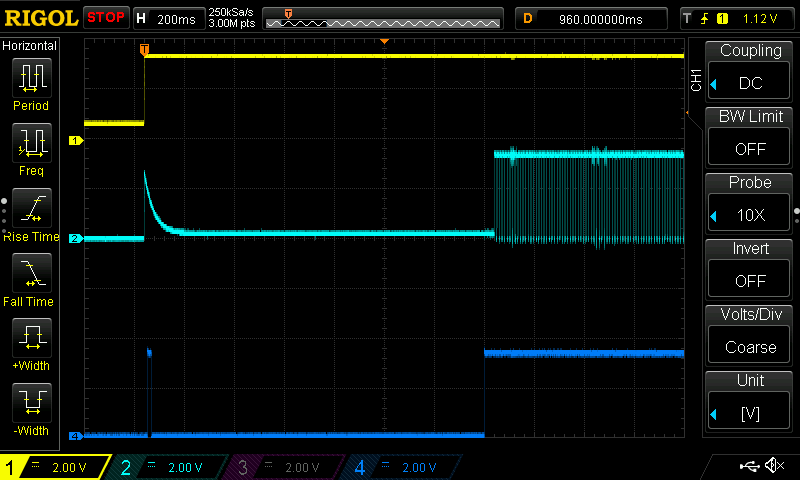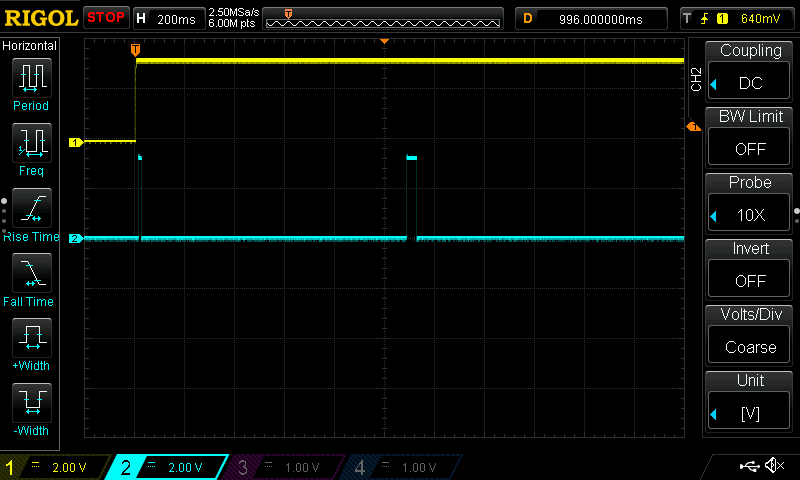Other Parts Discussed in Thread: CC3235MODASF, SYSCONFIG, UNIFLASH, CCSTUDIO
I have a custom CC3235MODASF board which is working fine, but the current consumption in Hibernate is about 50uA rather than the 5uA from the datasheet.
I am using the IO Retention functions to ensure that inputs do not float, and that outputs (which are inputs to FETs also cannot float.
Despite scouring the swra594a [Networking Subsystem Power Management], swru543a [Technical Reference Manual] and the device datasheet, I cannot find anything which states whether using the IO Retention functions add to the power consumption.
I should add that I have made quite sure that none of the parked IO's are actually driving any current - in all cases inputs are basically open circuit, and outputs are driving the gate of a MOSFET, so there should be no static current.
A secondary question - my application uses GP30, pin 42 on the module as an output, and this does not seem to be possible to park - certainly using the sysconfig tool in CCS version 10.0.0.00010
As it happens, this particular output - even when floating - does not compromise the rest of my board, so I can live with it, but I am just curious as to why this one is missing from the parkable set.
With thanks,
Chris


